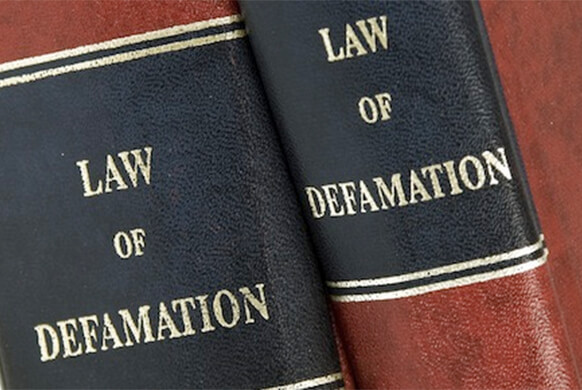Can an attorney ever have the privilege of making a defamatory statement? In some cases, and in some states, the answer is yes. However, this may soon be changing. DLA Piper attorneys Andrew Deutsch, Cherelle Glimp and Richard Hans write the following in their piece, Warning to NY litigators – What privilege attaches to pre-litigation attorney statements? NY appeals court answers: qualified :
New York law has long recognized that attorneys who make defamatory statements in connection with an existing litigation enjoy an absolute privilege against claims for libel and slander. Whether such a privilege extends to statements regarding prospective litigation, however, has been a matter of dispute, and different departments of the Appellate Division, Supreme Court, have reached conflicting conclusions, some finding an absolute privilege and others only a qualified privilege.
Pre-litigation demand letters are commonplace and active component of out-of-court communication yet their legal protection in New York has remained hazy until this past February. The recent New York State of Appeals case Front, Inc., v. Philip Khalil, No. 19, 2015 WL 750965 (N.Y. Feb. 24, 2015), decided that pre-litigation attorney state were indeed subject to qualified privileged and protected from defamation claims – so long as said communications were made in good faith. This illuminates another aspect to out of court communications in anticipation of litigation, that being those statements which appear to be an attempt to “bully, harass, or otherwise intimidate the clients’ adversaries.
The decision is a warning signal to litigators in New York, particularly those who frequently send pre-litigation demands to individual defendants. Libel claims are readily dismissed where an absolute privilege to make defamatory statements applies; however, qualified privileges against defamation liability sometimes present questions of fact about the speaker’s good faith and whether the words she used, and the audience she addressed, are pertinent to the subject matter. As a result, such privilege defenses may not be resolved until the summary judgment stage or trial. Khalil adds a new layer of concern: an attorney may now risk personal liability for pre-trial communications after the end of litigation if the claims in the case are ultimately ruled to be frivolous or meritless. At a minimum, attorneys should consider exercising additional caution in phrasing demand letters and in communicating claims, pre-litigation, particularly to persons who are not the intended defendants or plaintiffs in a case.


